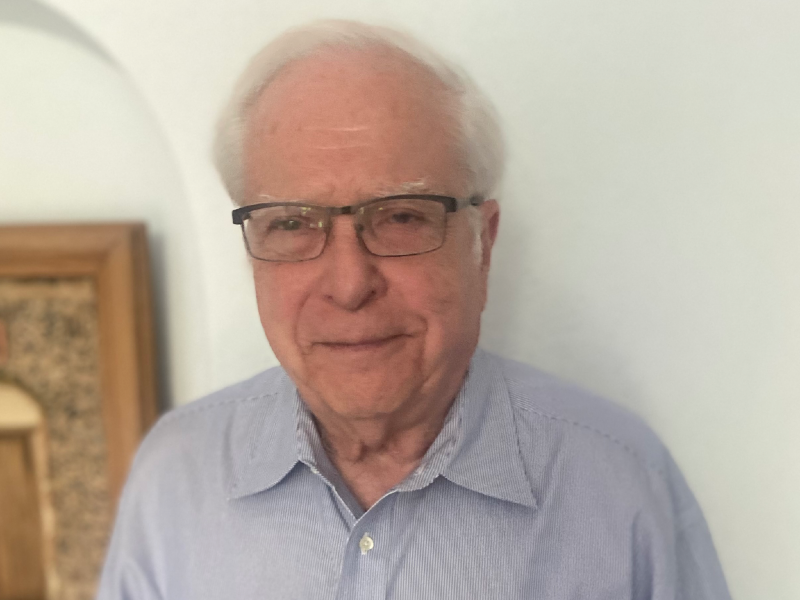William J. Winslade, JD, PhD, is the James Wade Rockwell Professor of Philosophy of Medicine at the Institute for Bioethics and Health Humanities, University of Texas Medical Branch at Galveston; Distinguished Visiting Professor of Law and Associate Director for Graduate Programs, Health, Law, and Policy Institute at the University of Houston Law Center. His areas of expertise include psychodynamics of medical practice, traumatic brain injuries, bioethics and the law, and clinical ethics.
Explore the Collection
- Anita Allen, JD, PhD
- Lori Andrews, JD
- George Annas, JD, MPH
- Margaret P. Battin, PhD
- Tom L. Beauchamp, PhD
- Arthur L. Caplan, PhD
- Alexander Capron, LLB
- R. Alta Charo, JD
- James F. Childress, PhD
- Larry Churchill, PhD, MDiv
- Robert Cook-Deegan, MD
- Rebecca Dresser, JD, MS
- Ruth R. Faden, PhD, MPH
- Alan Fleischman, MD
- Norman Fost, MD, MPH
- Vanessa Northington Gamble, MD, PhD
- Samuel Gorovitz, PhD
- Brad Gray, PhD
- Patricia King, JD
- Loretta M. Kopelman, PhD
- Bernard Lo, MD
- Ruth Macklin, PhD
- Laurence B. McCullough, PhD
- Gilbert Meilaender, PhD, MDiv
- Steven Miles, MD
- Jonathan Moreno, PhD
- Thomas H. Murray, PhD
- Susan Sherwin, PhD
- LeRoy Walters, BD, MPhil, PhD
- Rueben Warren, DDS, DrPH
- Daniel I. Wikler, PhD
- William J. Winslade, JD, PhD
- Laurie Zoloth, PhD
William J. Winslade, JD, PhD
William J. Winslade, JD, PhD
James Wade Rockwell Professor of Philosophy of Medicine,
University of Texas Medical Branch at Galveston

You can find full audio, transcript, and other materials in the Moral Histories Archive.
Johns Hopkins University holds all rights, title, and interests to these records, including copyright and literary rights. The records are made available for research use. Any user seeking to publish part or all of a record in this collection must seek permission from the Ferdinand Hamburger University Archives, Sheridan Libraries.